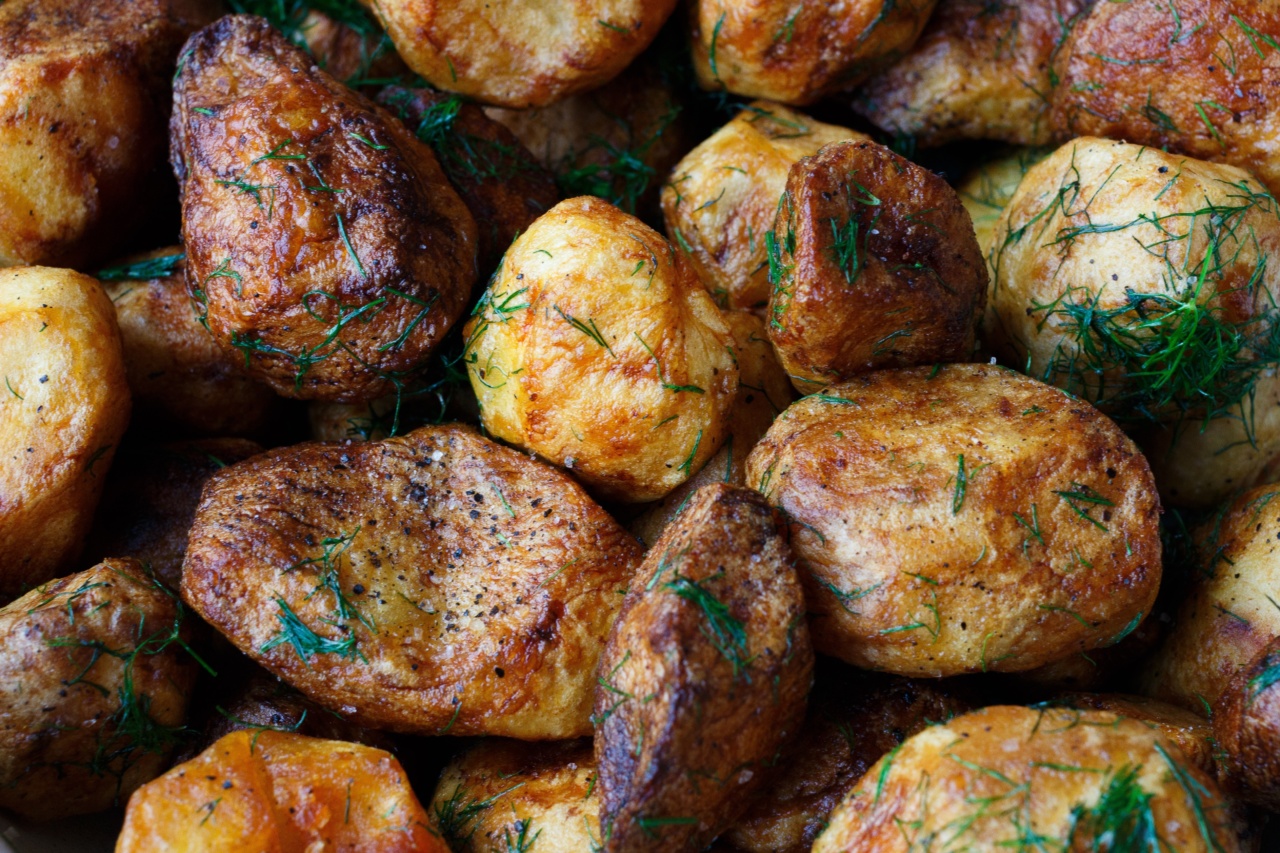During pregnancy, women are often cautious about their diet and the foods they consume. The safety and nutritional content of various foods become a primary concern to ensure the well-being of both the mother and the baby.
One particular food that raises questions for many pregnant women is potatoes. This humble vegetable is a staple in many diets due to its versatility and taste. However, concerns regarding safety and potential risks during pregnancy arise.
In this article, we will explore whether it is safe to eat potatoes while pregnant, considering the various factors and potential benefits or drawbacks.
The Nutritional Value of Potatoes
Potatoes are widely recognized as a rich source of carbohydrates, which are essential for providing energy to the body. However, their nutritional value goes beyond just carbohydrates.
Potatoes are also a good source of vitamin C, potassium, fiber, and various other vitamins and minerals, depending on the type of potato. These nutrients are vital for the overall health and development of both the mother and the baby.
Potential Benefits of Eating Potatoes During Pregnancy
When consumed in moderation and as part of a balanced diet, potatoes can offer several benefits to pregnant women:.
1. Vitamins and Minerals
Potatoes, especially when consumed with their skin, are a good source of various vitamins and minerals. Vitamin C, potassium, and folate are particularly important during pregnancy for fetal development, immune support, and overall health.
2. Fiber
The fiber content in potatoes aids in maintaining regular bowel movements, reducing the risk of constipation commonly experienced during pregnancy. Furthermore, fiber helps control blood sugar levels and can contribute to a healthy weight gain.
3. Energy Boost
Carbohydrates are the primary source of energy for the body. Potatoes, being a carbohydrate-rich food, can provide an energy boost that pregnant women often need, especially during the second and third trimesters.
Potential Risks and Considerations
While potatoes offer numerous benefits during pregnancy, there are a few factors to consider to ensure their safe consumption:.
1. Glycemic Index
Potatoes have a high glycemic index, which means they can cause a rapid increase in blood sugar levels. This may not be ideal for women with gestational diabetes or those who need to monitor blood sugar levels closely.
In such cases, opting for sweet potatoes or consuming smaller portions of potatoes along with other low-glycemic index foods can be a safer choice.
2. Pesticide Exposure
Conventionally grown potatoes are often treated with pesticides to protect from pests and diseases. These pesticides can pose potential health risks, especially during pregnancy.
Choosing organic potatoes or properly washing and peeling conventionally grown potatoes can help minimize pesticide exposure.
3. Preparation Method
The way potatoes are prepared can impact their nutritional value. Deep-frying potatoes or cooking them with excessive amounts of oil can increase the calorie content significantly and may contribute to excessive weight gain.
Opting for healthier cooking methods such as baking, boiling, or air frying can preserve the nutritional content while keeping the calorie intake in check.
Safe Ways to Include Potatoes in a Pregnancy Diet
To maximize the benefits and minimize any potential risks associated with potatoes during pregnancy, here are some safe ways to include them in your diet:.
1. Moderation is Key
As with any food, moderation is key. Consuming potatoes in moderation helps ensure a balanced diet and prevents excessive calorie intake.
2. Opt for Nutritious Varieties
Sweet potatoes are an excellent alternative to regular potatoes. They have a lower glycemic index, higher fiber content, and are packed with vitamin A, an essential nutrient during pregnancy.
3. Organic or Carefully Washed
If possible, choosing organic potatoes can help minimize pesticide exposure. Alternatively, washing and peeling conventionally grown potatoes can also reduce pesticide residue.
4. Healthy Preparation Methods
Choose healthier methods of cooking potatoes, such as baking or boiling, to retain their nutritional content while avoiding excessive added fats and oils.
Conclusion
When consumed in moderation and as part of a balanced diet, potatoes can be a safe and nutritious addition to a pregnancy diet.
They offer various vitamins, minerals, fiber, and energy, all of which are beneficial for both the mother and the developing baby. However, it is important to consider the glycemic index, pesticide exposure, and preparation methods to ensure the safest and healthiest consumption of potatoes during pregnancy.































